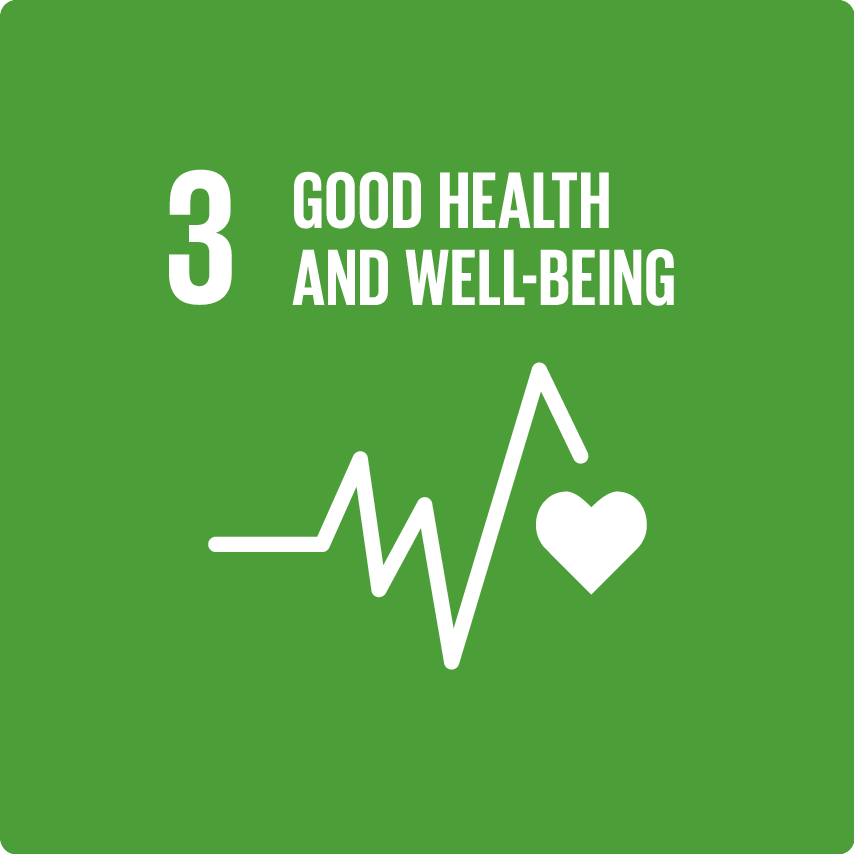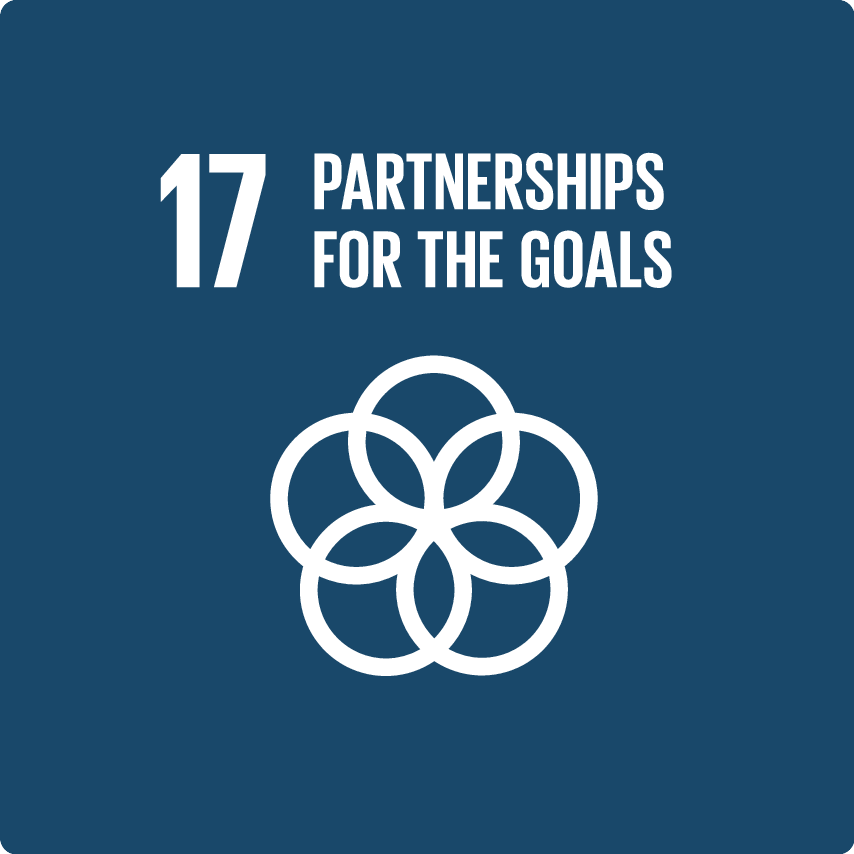Pfizer Antimicrobial Innovative Vaccines
Helping prevent initial infection by developing new vaccines, and consequently reducing antibiotic use and reducing the spread of AMR.
SEE ALL PARTNER ORGANIZATIONS
Objectives
- To help prevent initial infection by developing new vaccines. This will consequently reduce antibiotic use and may reduce spread of AMR.
What are the health needs and challenges?
Pfizer is committed to being a leading innovator and provider of solutions to both help prevent and treat infections. If left unaddressed in the coming decades, antimicrobial resistant bacteria have the potential to kill millions of people and severely impact the global economy by causing great morbidity, mortality and consuming health care resources, budgets, and productivity. Pfizer has made significant investments in vaccine R&D to develop new vaccines and to support several vaccines already in clinical usage. Vaccines offer the potential for protection against life-threatening infections and their associated consequences. By helping to prevent infections in the first place, vaccines can reduce the need for antibiotic prescriptions and help prevent potential overuse of common antibiotics – which may result in resistant strains Vaccination can play multiple roles in strategies to help combat AMR, including: reducing the use of antibiotics by helping to prevent bacterial infections including those that may carry resistance, reducing the use of antibiotics by helping to prevent diseases for which antibiotics are inappropriately prescribed, and preventing antimicrobial resistant infections from spreading.
Partnership activities and how they address needs and challenges
Pfizer Vaccines in Late Stage Development
Pfizer’s 20vPnC vaccine candidate entered Phase 3 development in December 2018 to help prevent invasive pneumococcal disease and pneumonia caused by 20 Streptococcus pneumoniae serotypes in adults aged 18 years and older. This vaccine candidate was also awarded Breakthrough Therapy designations by the U.S. Food and Drug Administration (FDA) also in 2018.
In addition, the Phase 3 trial for Pfizer’s late stage vaccine candidate that targets disease causing toxins produced by Clostridium difficile (C. difficile) is underway. This vaccine candidate received Fast Track designation from the U.S. Food & Drug Administration (FDA). C. difficile has been recognized by the World Health Organization (WHO) as a significant medical problem and was designated as a priority pathogen by the U.S. Centers for Disease Control and Prevention (CDC). C. difficile infection is a growing concern worldwide as cases have been increasingly reported beyond hospitals doors into the general community. C. difficile infection continues to be the most common cause of antibiotic-associated diarrhea in the health care setting making it an important focus worthy for prevention. If clinical data demonstrates effectiveness and a vaccine is licensed, it could help reduce this disease impact and potentially the need to treat the infections with antibiotics hence reducing overall antibiotic use.
Pfizer Vaccines in Early Stage Development
In 2018, Pfizer began a clinical trial to investigate an experimental vaccine to help protect against RSV, a virus that kills approximately 120,000 infants a year and is responsible for a substantial disease burden in adults.
Pfizer also has an ongoing clinical trial of a conjugate vaccine candidate to help protect against Group B Streptococcus (GBS) infection, which can manifest as a serious neonatal blood infection (sepsis), pneumonia and meningitis in newborns, with potentially fatal outcomes or long-lasting neurological damage in those infected. Women who are colonized with the GBS bacteria may pass it on to their newborns during labor and birth.
Corresponding principle in the declaration
“We are investing in a range of innovative antibiotics, vaccines, alternative technologies, and diagnostics for resistant infections. We are advancing our pipelines, but more work and investment into multiple approaches is needed to overcome the significant scientific difficulties of antibiotic discovery.”
Read full Declaration by the Pharmaceutical, Biotechnology and Diagnostics Industries on Combating Antimicrobial Resistance (AMR) (http://www.ifpma.org/resource-centre/declaration-by-the-pharmaceutical- biotechnology-and-diagnostics-industries-on-combating-antimicrobial- resistance/)
Geographic Reach
- Global Commitment
Disease Area
- Infectious and Parasitic Disease
Partner organizations
Several partners
Geographic Reach
Global Commitment
Disease Area
Infectious and Parasitic Disease
- Drug-Resistant Infections (AMR)
- Meningococcal A, C, W, Y

